What nutritional strategies can help men manage testosterone levels naturally?
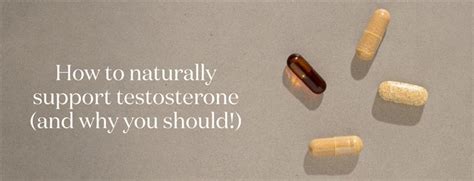
Understanding Testosterone and Its Importance
Testosterone, the primary male sex hormone, plays a crucial role in a man’s health beyond just libido and muscle mass. It influences bone density, red blood cell production, fat distribution, mood, and cognitive function. As men age, testosterone levels naturally decline, but various lifestyle factors, including diet, can significantly impact these levels at any age. Optimizing testosterone through natural nutritional strategies can lead to improved vitality, energy, and overall well-being.
While medical intervention is sometimes necessary, many men can support healthy testosterone levels by making informed dietary choices. Focusing on a balanced diet rich in specific nutrients can be a powerful tool in naturally managing this vital hormone.
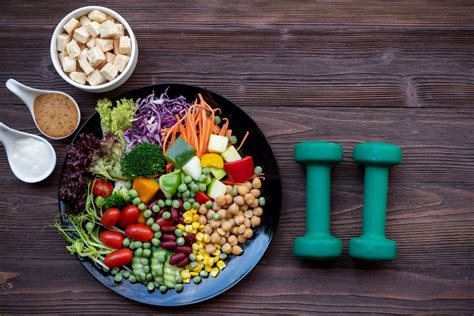
Embrace Healthy Fats
Contrary to outdated beliefs, dietary fat is essential for hormone production, including testosterone. Studies show that diets too low in fat can negatively impact testosterone levels. The key is to distinguish between healthy and unhealthy fats.
- Monounsaturated Fats (MUFAs): Found in avocados, olive oil, and nuts like almonds and pecans, MUFAs are crucial for overall hormonal health.
- Polyunsaturated Fats (PUFAs): Omega-3 fatty acids, abundant in fatty fish (salmon, mackerel, sardines), flaxseeds, and walnuts, are vital for reducing inflammation and supporting cell function, both indirectly benefiting hormone production.
- Saturated Fats: While often demonized, moderate intake of saturated fats from quality sources like grass-fed beef, eggs, and coconut oil can also play a role in testosterone synthesis. The emphasis should be on quality and moderation.
Prioritize Key Vitamins and Minerals
Several micronutrients are directly involved in testosterone production and regulation:
Zinc
Zinc is a critical mineral for testosterone synthesis and maintaining healthy sperm quality. Deficiency can lead to a significant drop in testosterone levels. Excellent sources include oysters (one of the richest sources), red meat, poultry, beans, nuts, and pumpkin seeds.
Vitamin D
Often referred to as the ‘sunshine vitamin,’ Vitamin D actually functions as a steroid hormone in the body and is strongly linked to testosterone production. Research indicates that men with sufficient Vitamin D levels tend to have higher testosterone. While sun exposure is the primary way to get Vitamin D, dietary sources like fatty fish (salmon, tuna), fortified milk, and eggs can help.
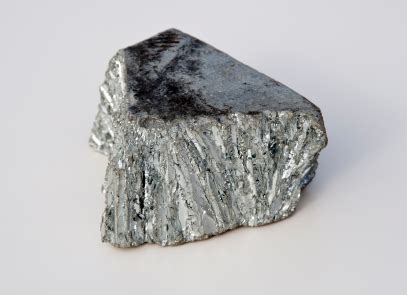
Magnesium
Magnesium plays a vital role in over 300 enzymatic reactions, including those involved in testosterone production. It can also increase the bioavailability of testosterone by reducing the binding of testosterone to sex hormone-binding globulin (SHBG). Rich sources include leafy green vegetables (spinach, kale), nuts (almonds, cashews), seeds (pumpkin, sesame), and legumes.
Boron
Though less well-known, boron is a trace mineral that has been shown to increase free testosterone levels and decrease estrogen levels in some studies. It’s found in fruits like apples, pears, and grapes, as well as nuts and legumes.
Manage Carbohydrate Intake and Insulin Sensitivity
While carbohydrates are a necessary energy source, the type and quantity are crucial. Diets high in refined sugars and highly processed carbohydrates can lead to insulin resistance, which has been linked to lower testosterone levels. Focus on complex carbohydrates with a low glycemic index:
- Whole Grains: Oats, quinoa, brown rice.
- Root Vegetables: Sweet potatoes, carrots.
- Fiber-Rich Foods: Fruits, vegetables, legumes.
These foods help maintain stable blood sugar levels, preventing the insulin spikes that can negatively impact hormone balance.
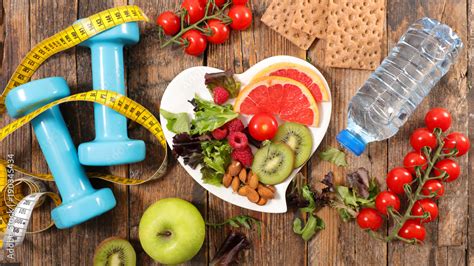
Include Protein for Building Blocks
Adequate protein intake is essential for overall muscle maintenance and growth, which indirectly supports healthy testosterone. Protein also provides the amino acids necessary for various bodily functions, including hormone synthesis. Aim for lean protein sources such as:
- Chicken and turkey breast
- Lean beef and pork
- Fish and seafood
- Eggs
- Legumes and plant-based proteins
Incorporate Estrogen-Modulating Foods
Maintaining a healthy balance between testosterone and estrogen is important. Certain foods can help regulate estrogen levels, which can in turn support higher free testosterone:
- Cruciferous Vegetables: Broccoli, cauliflower, Brussels sprouts, and cabbage contain compounds like indole-3-carbinol (I3C) and diindolylmethane (DIM) that help the body metabolize estrogen more effectively.
- Flaxseeds: Contain lignans, which can help modulate estrogen levels.
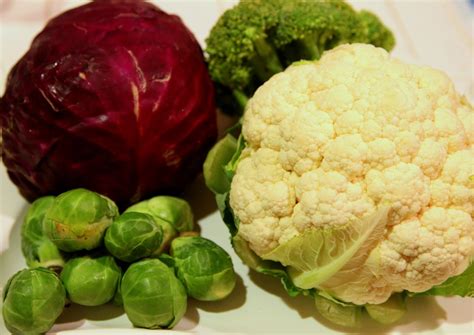
Avoid or Limit Testosterone-Lowering Foods
Just as some foods boost testosterone, others can hinder it. Limiting or avoiding these can be just as important:
- Excessive Alcohol: Chronic heavy alcohol consumption is known to impair testosterone production.
- Processed Foods: High in unhealthy fats, sugars, and artificial ingredients, they contribute to inflammation and insulin resistance.
- Soy Products (in excess): While fermented soy can be beneficial, unfermented soy products in large quantities contain phytoestrogens that might mimic estrogen in the body, potentially impacting testosterone.
- Mint: Some studies suggest that spearmint and peppermint can lower testosterone, though more research is needed in men.
Hydration and Overall Lifestyle
Don’t underestimate the power of simply staying well-hydrated. Water is vital for all bodily functions, including hormone transport and synthesis. Beyond diet, incorporating regular exercise (especially strength training), managing stress, and ensuring adequate sleep (7-9 hours per night) are foundational pillars that work synergistically with nutrition to support optimal testosterone levels.

Conclusion
Managing testosterone levels naturally through diet involves a holistic approach. By focusing on a nutrient-dense diet rich in healthy fats, essential vitamins like D, and minerals such as zinc and magnesium, while limiting processed foods and excessive sugar, men can significantly support their hormonal health. Combining these nutritional strategies with a healthy lifestyle encompassing adequate sleep, stress management, and regular exercise provides the most comprehensive pathway to naturally optimized testosterone and improved overall well-being. Always consult with a healthcare professional before making significant dietary changes or if you suspect you have a testosterone deficiency.








